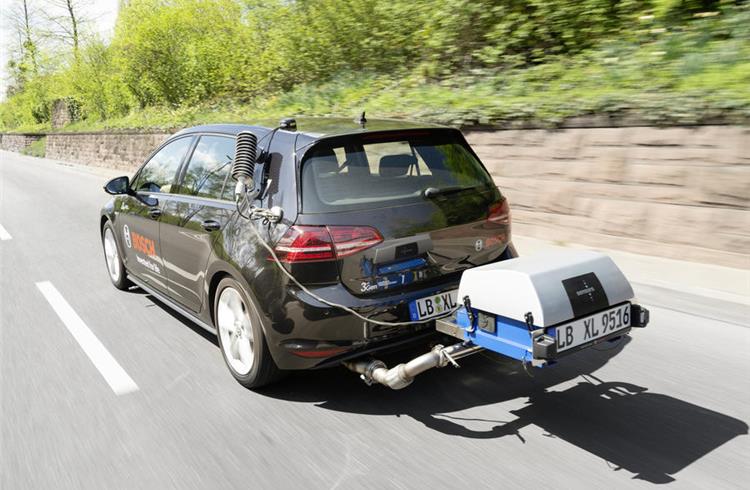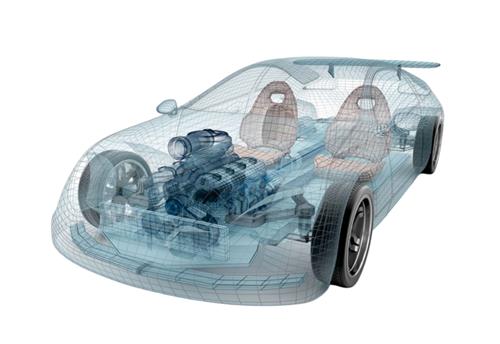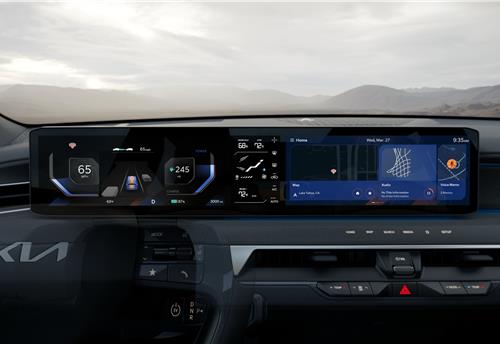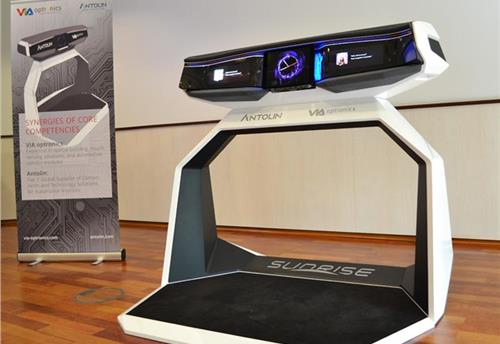New Bosch diesel tech to ‘fix’ NOx problem
German engineering firm pushes emissions far below required levels using existing hardware.
Bosch has revealed details of new technology that it claims can drastically reduce nitrogen oxide levels in diesel cars, essentially fixing the problem that has caused their recent downturn.
Diesel sales have tumbled in recent months as regulators aim to lower output of NOx, which is associated with respiratory problems in humans in urban environments.
Bosch claims that it has developed a solution that not only reduces NOx output in diesel engines but practically eliminates it so it falls to a point that’s almost a tenth of the next-generation limits.
“We call our system active thermal management because it keeps the most important part of the diesel exhaust, the exhaust gas recirculation (EGR) system, running at its optimal temperature,” Bosch diesel division development boss Michael Krüger told Autocar UK.
EGRs work best when they are heated by waste gases to more than 200deg C, but Krüger said this temperature is rarely reached when cars are driven at low revs through urban environments.
“If you were to coast or not touch the accelerator, the EGR would cool far below its optimum temperature, so NOx levels are higher,” he said. "With our system, the point is to minimise all temperature losses by packaging the EGR as close to the engine as possible.”
By pushing the EGR closer to the engine, the part can be kept closer to 200deg C Celsius for longer, thanks to the heat soak surrounding the engine bay. Bosch’s new system also intelligently manages the movements of gases to ensure only hot gases travel through the EGR.
These processes, which are said to use existing hardware already equipped with modern diesel vehicles, are claimed to trim NOx output to as low as 13mg/km in real-world driving scenarios. This not only far undercuts the current limit of 168mg/km, it also easily beats the next-generation limit of 120mg/km, which comes into force in 2020.
Krüger said this development could prove pivotal in ensuring that car manufacturers meet future CO2 targets. Diesel’s downturn has seen petrol sales increase, in turn driving up average CO2 outputs. He said that diesel, therefore, remains extremely important as electrification begins to grow.
“We are really taking care of finding the best overall compromise,” he said.
While Bosch doesn’t comment on its customers, it is well known that the firm supplies a large number of the world’s biggest manufacturers, including the Volkswagen Group and Mercedes-Benz – emphasising the impact this new system could have.
Q&A on the new Bosch diesel tech
What distinguishes the new diesel technology?
To date, two factors have hindered the reduction of NOx emissions in diesel vehicles. The first of these is driving style. The technological solution developed by Bosch is a highly responsive air-flow management system for the engine. A dynamic driving style demands an equally dynamic recirculation of exhaust gases.
This can be achieved with the use of a RDE-optimized turbocharger that reacts more quickly than conventional turbochargers. Thanks to a combination of high- and low-pressure exhaust-gas recirculation, the air-flow management system becomes even more flexible. This means drivers can drive off at speed without a spike in emissions. Equally important is the influence of temperature. To ensure optimum NOx conversion, the exhaust gases must be hotter than 200 degrees Celsius. In urban driving, vehicles frequently fail to reach this temperature.
Bosch has therefore opted for a sophisticated thermal management system for the diesel engine. This actively regulates the exhaust-gas temperature, thereby ensuring that the exhaust system stays hot enough to function within a stable temperature range and that emissions remain at a low level.
When will the technology be ready for production?
Bosch’s new diesel system is based on components that are already available in the market. It is available to customers effective immediately and can be incorporated into production projects.
Why is urban driving more demanding than extra-urban or freeway driving?
To ensure optimum NOx conversion, the exhaust gases must be hotter than 200 degrees Celsius. This temperature is often not reached in urban driving, when cars are stuck in gridlock or stop-and-go traffic. As a result, the exhaust system cools down. Bosch’s new thermal management system remedies this problem by actively regulating the exhaust gas temperature.
Does the temperature regulation require an auxiliary 48-volt heater installed in the exhaust-gas system or additional components of a similar kind?
Bosch’s new diesel system is based on components already available in the market and does not require an additional 48-volt on-board electrical system.
Will the new Bosch technology make the diesel engine significantly more expensive?
The Bosch diesel technology is based on components already in use in production vehicles. The decisive advance comes from a new combination of existing technology. It does not require any additional hardware components. So reducing emissions will not make diesel vehicles any less affordable.
Will the diesel engine lose its comparative advantage in fuel economy and climate-friendliness as a result of the new technology?
No. Our engineers’ goal was clear: to reduce NOx emissions while retaining the diesel’s comparative advantage in terms of CO2 emissions. Diesel will thus remain a climate-friendly option.
(Q&A from Bosch.com)
RELATED ARTICLES
Marelli Talbros Chassis Systems wins Rs 1,000 crore business from European OEM
The order, to be executed over an eight-year period, is for the supply suspension arms tailored for both conventional in...
Kia launches customised NBA display themes for North American market
Display Themes is a customised service that supports a personalised vehicle experience, allowing users to customise the ...
Antolin and VIA Optronics unveil versatile vehicle cockpit concept
The Sunrise vehicle concept cockpit, which is engineered for seamless transitions between manual and autonomous driving ...





 26 Apr 2018
26 Apr 2018
 6060 Views
6060 Views





 Autocar Pro News Desk
Autocar Pro News Desk




